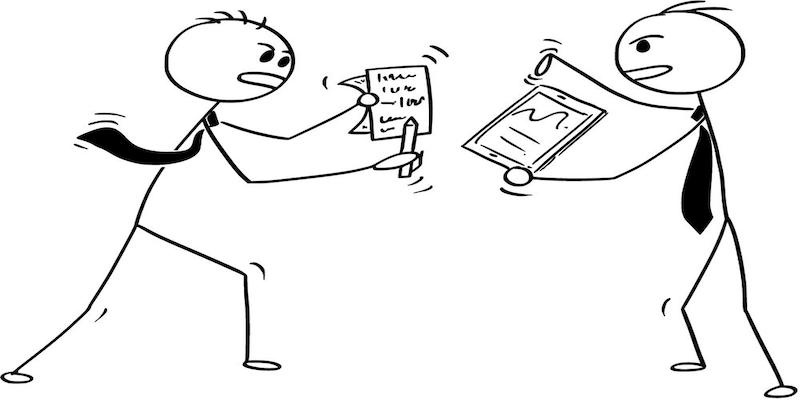
Breach of Contract of Damages
The rule for calculating breach of contract damages states that the plaintiff is entitled to seek fair and just compensation for losses or damage actually sustained. Stewart v. Basey, 245 S.W.2d 484, 486 (Tex. 1952). The plaintiff may seek compensation for the “benefit of the bargain” or “expectation interest.” Id. The law aims to place the plaintiff in the position as if the defendant had fully performed on the contract.
Consequential Damages
In Texas, damages for breach may be either direct or consequential. Direct damages compensate for foreseeable injury that could be contemplated by the breaching party. On the other hand, consequential damages (sometimes called special damages), result naturally from the breach, but would not necessarily be incurred by every injured party suffering from breach. The seminal case regarding consequential damages is Hadley v. Baxendale, 9 Exch. 341, 354 (1854).
In this case, Hadley needed a new machine part to run his mill and contracted with Baxendale to deliver it from the manufacturer. Baxendale was late delivering the part, and Hadley lost profits because of the delay. The court focused on whether the plaintiff’s damages were “fairly and reasonably contemplated,” thereby articulating the rule still in place today. Id.
Consequential Damages Today
The modern approach in Texas is that a plaintiff may seek consequential damages resulting from the breach, but the amount must be proved with reasonable certainty. The plaintiff must show that their losses were contemplated by the parties as a probable result of a breach at the time of contract. The losses must be foreseeable, directly traceable to, and resulting from the breach itself. Any speculative profits or losses do not qualify. Stuart v. Bayless, 964 S.W.2d 920, 921 (Tex.1988).
All information provided on Silblawfirm.com (hereinafter "website") is provided for informational purposes only, and is not intended to be used for legal advice. Users of this website should not take any actions or refrain from taking any actions based upon content or information on this website. Users of this site should contact a licensed Texas attorney for a full and complete review of their legal issues.
